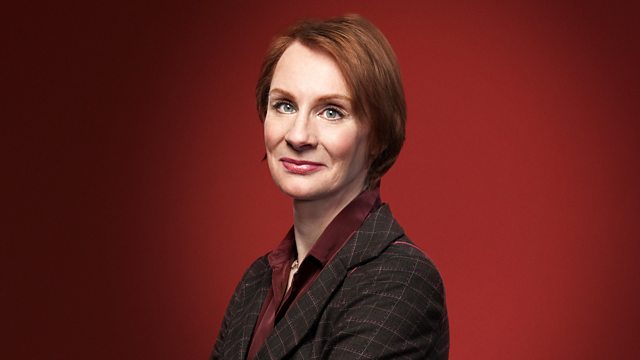From John Locke to New Liberalism
Anne McElvoy tours British liberalism from the 'Glorious' Revolution to the Edwardian era.
Anne McElvoy tours British liberalism from the 'Glorious' Revolution to the Edwardian era.
Anne starts in Oxford in 1683, with the story of the last large-scale book burning in Britain. She traces how dissident philosopher John Locke took on the whole principle of the arbitrary power of the monarchy.
As Anne discovers with the help of Justin Champion and Hannah Dawson, dissident texts were burned and Locke was repeatedly driven out of the country and hunted by the King's agents. Yet all the time he was developing his ideas on the proper limits of power, and on religious toleration.
When James II was ousted in 1688, Locke returned to London in triumph, and his ideas have helped to shape how we live ever since.
But, as Anne explores in later episodes, the story of British liberalism is not one of straightforward victories. Locke explicitly excluded non-Anglicans from his vision of liberty. And what about black people, or women?
Over the course of the first five programmes, Anne traces the development of the ideas we now call liberalism through the lives and works of Adam Smith, Mary Wollstonecraft, Thomas Clarkson, John Bright and John Stuart Mill.
She explores how a rebellion led by black Jamaicans led to a massacre - and how demands that the British Governor of Jamaica be put on trial divided Victorian intellectuals against each other.
And she ends the first week of programmes with the apotheosis of one kind of liberalism in the era of William Gladstone, even as a different version of his creed was taking shape.
Producer: Phil Tinline.
Last on
More episodes
Previous
You are at the first episode
Broadcast
- Fri 11 Dec 2015 21:00大象传媒 Radio 4

